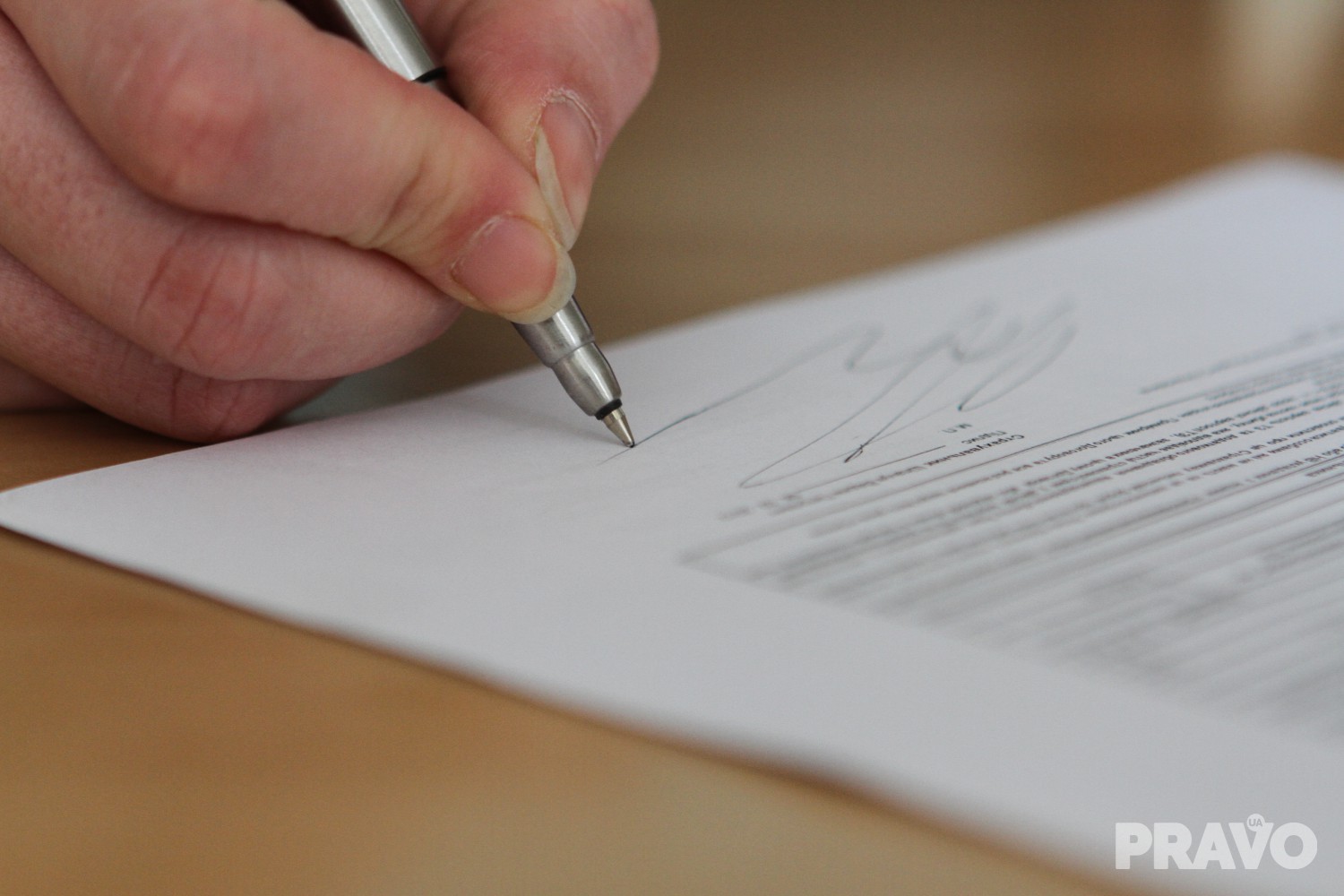Making a will is an important step in planning your estate and distributing your assets after your death. What is a will ? A will is a personal disposition of a person's property in the event that the specified person dies. The current legislation establishes a certain order of inheritance of a person's property in the event of his death, the sequence, the amount of such inheritance. The peculiarity of a will is that the person making the will can distribute his property among his heirs as he wishes, and the presence of family ties, etc., is not important. An heir under a will can be any person who does not even have family ties with the testator. However, if a person has the right to a compulsory share in the inheritance according to the Civil Code, then the testator has no right to deprive him of such a share.
Today, in the conditions of martial law, a will in Ukraine plays an important role for citizens to exercise their rights regarding the disposal of property in the event of death.
How to make a will ? Here are some steps that can help you in this process:
Gather information about your assets: a list of real estate, cash, securities, cars, and other assets you own. This should be done for convenience, especially if you intend to distribute your property among many people;
Determine your heirs: choose the persons or organizations that you want to include in your will, it is desirable to know the correct data of these persons, the correct spelling of the last name, first name, patronymic of the person who will inherit your property plays an important role in the will. Otherwise, if there is an error in the writing of the heir's data, he may have difficulties during the registration of inheritance rights;
Appoint an executor: This is the person who will be responsible for carrying out your instructions after your death. This can be a family member, a trusted person or a professional executor.
Drawing up a will: drawing up a will involves several stages. First, describe your wishes regarding the distribution of the property, as well as any other wishes, such as eligibility for inheritance. After that, you should decide who will witness your will. It depends on where you are at the time you intend to make a will. Yes, a will can be certified;
- a notary public;
- if there is no notary in the city - by an official of the village council;
- by the relevant officials of the hospital, home for the elderly (if the person is in the specified institutions), the captain of the ship, the commander of the relevant military unit or other military formation, the head of the pretrial detention center or the institution of execution of punishments. It is worth noting that the specified wills are certified in the presence of witnesses.
The will must be signed by the person making it personally. An exception is the case when a person cannot sign a will personally due to physical disabilities. In this case, another person signs this will in her presence instead of her. In addition, the will must be certified by a notary public or another official, as well as entered in the Inheritance Register.
Keep your will in a safe place: Notify your executor and loved ones of the location of your will so they know where to go after your death.
Update your will regularly: Review your will periodically and update it as needed, especially if your assets or marital status change.
Get legal advice: If you have questions about making a will or need help with legal issues, contact a lawyer or notary public.
A will is an important document that allows you to control what happens to your property after you die and ensures that your wishes are carried out. Don't delay in drawing it up, especially if you have significant assets or specific wishes regarding the distribution of your inheritance.





























